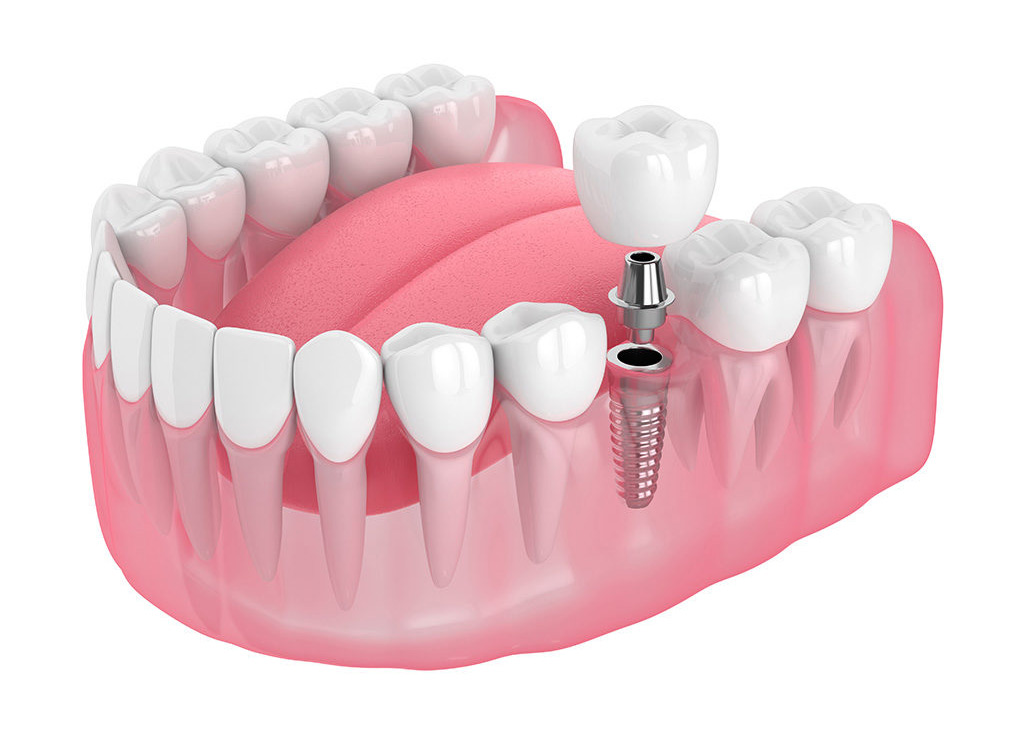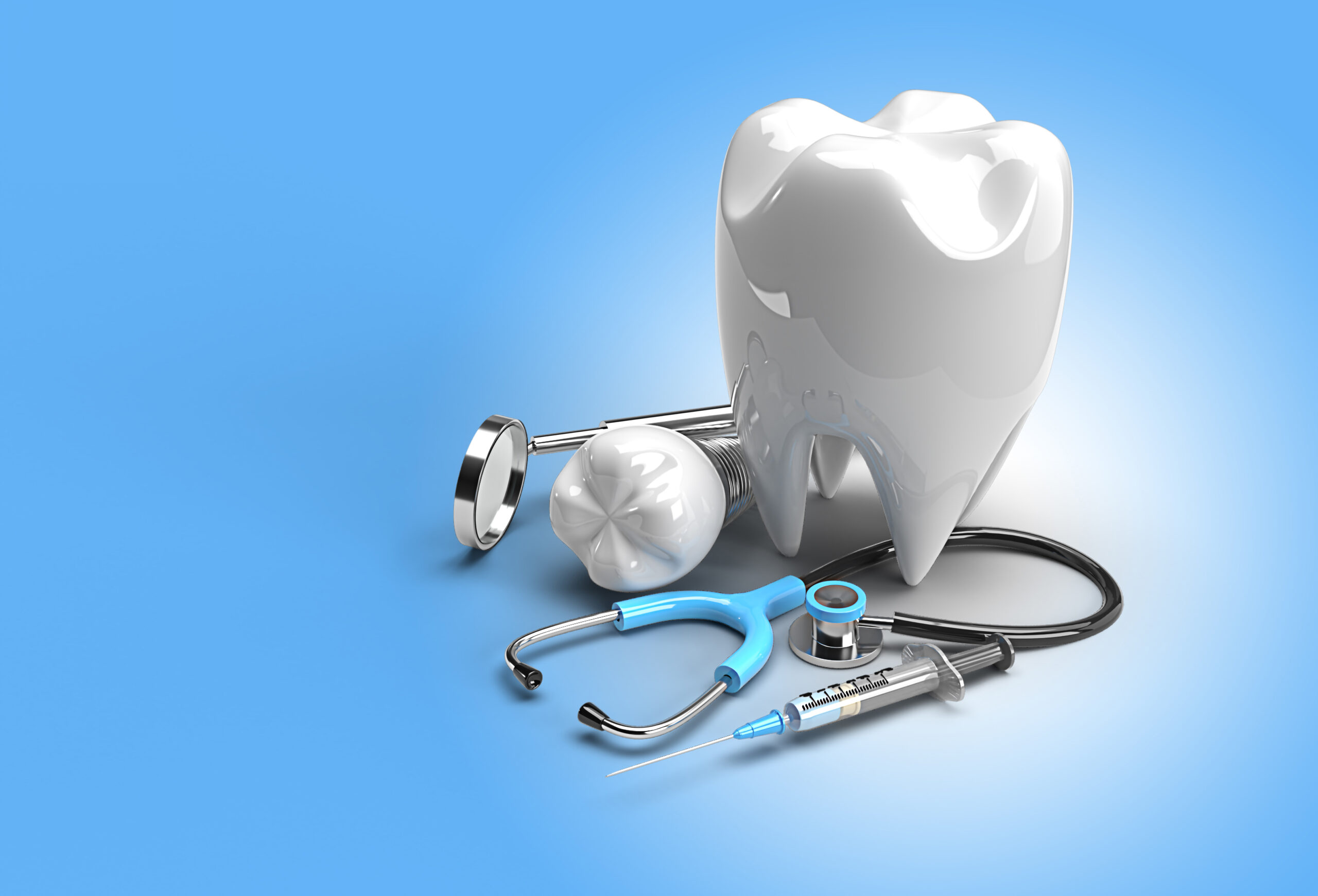Are you missing one or more teeth? Do you feel self-conscious about your smile? Dental implants offer a reliable and long-lasting solution for replacing missing teeth and restoring your confidence. In this article, we will explore everything you need to know about dental implants, from their benefits and the procedure itself to the aftercare and potential complications. So, let’s dive in and uncover the wonders of dental implants!
What Are Dental Implants?
Dental implants are artificial tooth roots made of biocompatible materials, typically titanium, that are surgically placed into the jawbone. They serve as a sturdy foundation for replacement teeth, which are custom-made to match the natural appearance of your existing teeth. Dental implants are a popular choice for their durability, aesthetic appeal, and ability to function like natural teeth.
The Benefits of Dental Implants
Dental implants offer numerous benefits, including:
- Improved Appearance: Dental implants blend seamlessly with your natural teeth, enhancing your smile and facial aesthetics.
- Enhanced Speech: Unlike removable dentures, dental implants prevent slurred speech and the discomfort associated with ill-fitting appliances.
- Optimal Comfort: Implants become a part of your jawbone, eliminating the discomfort caused by removable dentures.
- Increased Chewing Efficiency: With dental implants, you can enjoy your favorite foods without worrying about biting or chewing difficulties.
- Longevity: Dental implants are designed to last a lifetime with proper care, making them a cost-effective long-term solution.
The Dental Implant Procedure
The dental implant procedure typically involves several stages:
A. Initial Consultation
During the initial consultation, your dentist will evaluate your oral health and determine if you are a suitable candidate for dental implants. X-rays and 3D scans may be taken to assess your jawbone density and identify the optimal placement for the implants.
B. Implant Placement
The implant placement is a surgical procedure performed under local anesthesia. Your dentist will make a small incision in the gum tissue and place the implant into the jawbone. Over time, the implant will fuse with the bone through a process called osseointegration, providing a stable foundation for the replacement tooth.
C. Healing Period
After implant placement, a healing period of several months is necessary for osseointegration to occur. During this time, the implant gradually becomes fully integrated into the jawbone.
D. Abutment Placement
Once the implant has successfully fused with the jawbone, an abutment is attached to it. The abutment serves as a connector between the implant and the replacement tooth.
E. Crown Placement
The final step involves the placement of a custom-made crown onto the abutment. The crown is meticulously designed to match the color, shape, and size of your natural teeth, ensuring a seamless blend.
Aftercare and Maintenance
Proper aftercare and maintenance are crucial for the longevity of dental implants. Here are some essential tips to keep in mind:
- Maintain excellent oral hygiene by brushing twice a day and flossing regularly.
- Schedule regular check-ups with your dentist to monitor the condition of your implants.
- Avoid chewing on hard objects or biting into extremely sticky foods.
- Quit smoking, as it can impair the healing process and increase the risk of implant failure.
Potential Complications
While dental implants have a high success rate, complications can occur in rare cases. It’s important to be aware of potential risks, such as:
- Infection: Poor oral hygiene or bacterial infiltration can lead to implant infections.
- Implant Failure: Factors such as smoking, poor bone quality, or certain medical conditions may contribute to implant failure.
- Nerve Damage: Numbness or tingling sensation in the gums, lips, or chin may occur due to nerve damage during the implant placement.
Conclusion
Dental implants provide a life-changing solution for individuals with missing teeth. They not only restore the function and appearance of your smile but also boost your self-confidence. If you’re considering dental implants, consult with a qualified dentist to explore the possibilities and take the first step towards reclaiming your beautiful smile.




